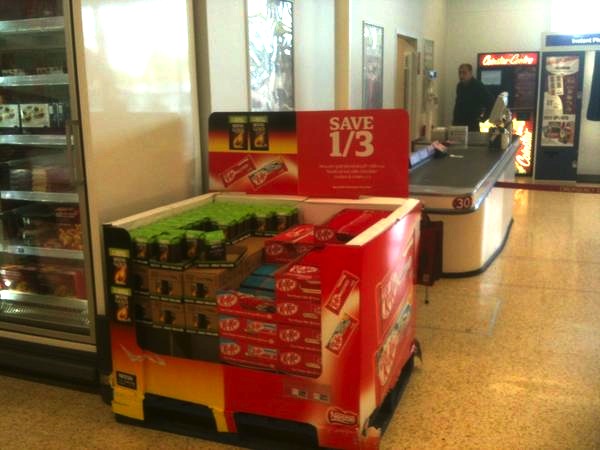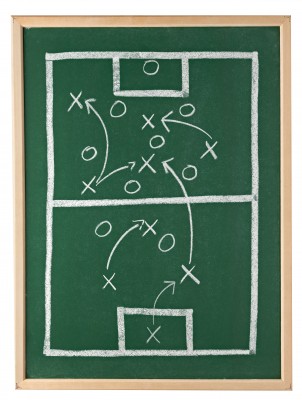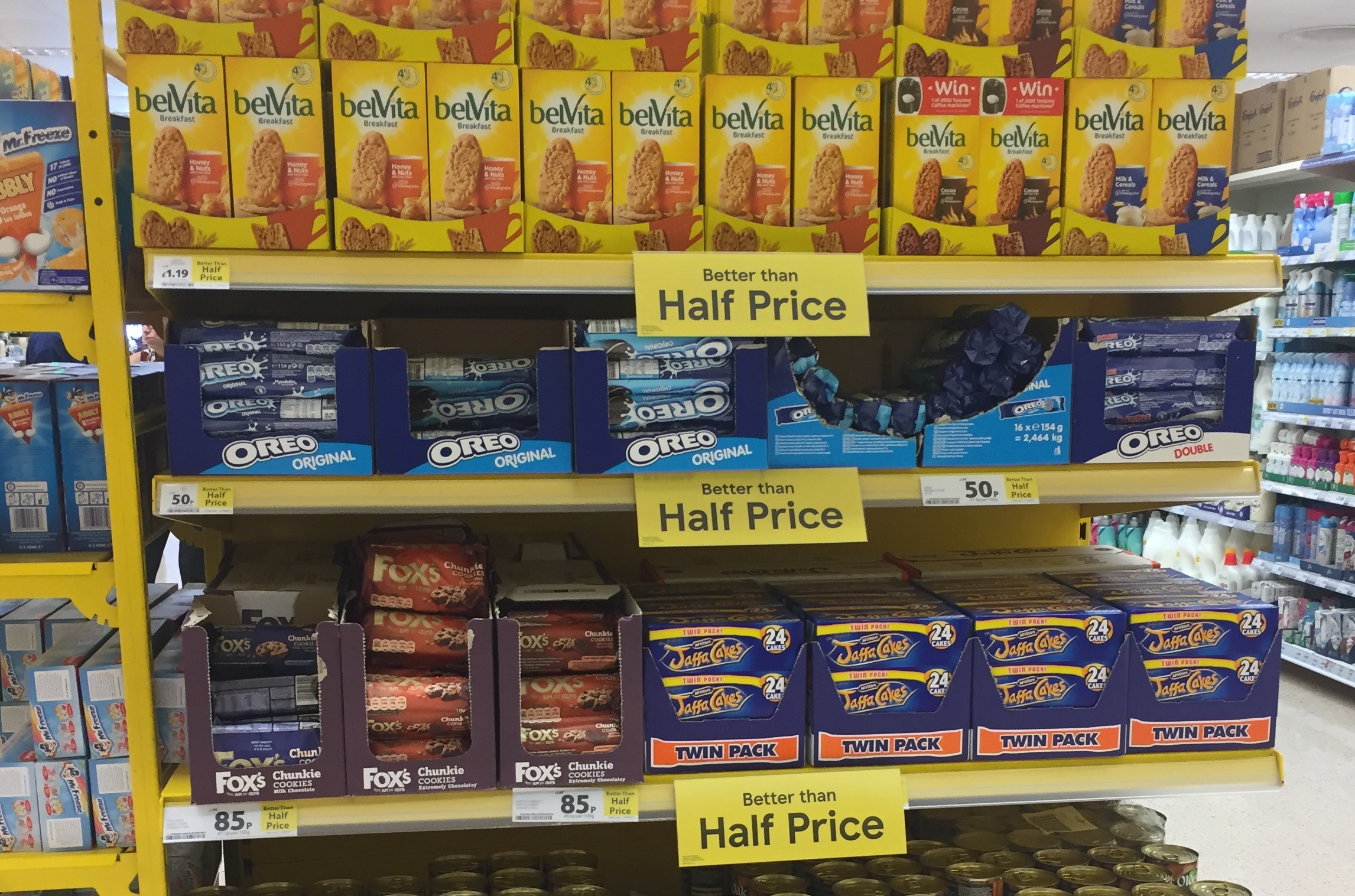 For such a relatively young discipline, shopper marketing has managed to collect a fair amount of jargon and language. The concept of a shopper mission has been around for a while (though whilst researching for this blog I failed to find a coherent or acceptable definition for what a shopper mission was). Shopping occasions is another: and one that seems to create some confusion. There doesn’t seem to be a clear definition of this either. So, prompted by a question from the excellent Jason Frichol, here is my take on what shopper missions and shopping occasions are; what the difference is, and what that means to shopper marketers.
For such a relatively young discipline, shopper marketing has managed to collect a fair amount of jargon and language. The concept of a shopper mission has been around for a while (though whilst researching for this blog I failed to find a coherent or acceptable definition for what a shopper mission was). Shopping occasions is another: and one that seems to create some confusion. There doesn’t seem to be a clear definition of this either. So, prompted by a question from the excellent Jason Frichol, here is my take on what shopper missions and shopping occasions are; what the difference is, and what that means to shopper marketers.
What is a shopper mission?
Most (it appears to me) shopping trips have a shopper mission caught up in them. A shopper mission is a goal for a particular shopping trip, and typically has two components: consumer needs and shopper needs. I go to the supermarket because I need to buy something for my dinner this evening. There is a known consumption need that this shopping trip needs to satisfy. But in addition to this, I have needs as a shopper. I need to keep within my budget, perhaps, or get it all done before 3pm when I need to pick up my daughter from school. These needs are not consumption needs at all: these are shopper needs. Of course on one shopping trip I may have several consumption needs to consider. I may need to buy some beer for the weekend party: or pick up some medicine from the pharmacy. Multiple consumption needs may create additional shopper needs (I need to shop somewhere with a pharmacy for example). A shopper mission therefore is the combined goal required to satisfy both consumption and shopper needs: a shopper’s decisions on where to shop and what to buy will be made on the basis of the best way of meeting these combined needs.
What if there isn’t a clear consumption need?
In most cases that I have studied, a shopper goes shopping because they have consumption needs that need meeting. But there are situations when this is not the case. I’m currently on a business trip to Ireland to present at a shopper marketing conference, and during a layover I found myself wandering through the duty free store. I had no particular need to buy anything for future consumption. Sure, my choice of store and category was, in some part, influenced by a possible, but unspecified consumption need (I did take a look at the price of champagne!), but the primary goal here was to pass time. This was a shopping occasion. When friends go shopping together, primarily to be together, rather than to buy something specific – this is an occasion, a social occasion: a shopping occasion. There is no clearly defined mission (though these might develop as the trip goes on) – sometimes there is no desire to buy anything at all. Within each shopping occasion the driver is not a consumption need: it is primarily driven by the needs of the shopper: to pass time, to have fun, to hang out with friends.
So what does this mean for marketers?
A shopper mission is, it appears to me, straight forward for a shopper marketer to manage. If we understand the consumption need, and we understand the shopper needs: then, to put it simply, the store, and the brand, which meets both of these needs best will win. Further, the store or brand which understands that sometimes there is a tradeoff between consumer and shopper needs (I’d love to buy that product but it is out of my budget) and therefore can ensure that their offer meets the most important needs, will win.
With a shopping occasion things are different. There isn’t necessarily a known, articulated consumption need. This needs to be created, or at least the shopper needs to be reminded of a latent need, and the opportunity to fulfil it right now. Perhaps a sign above the Champagne at Istanbul Airport reminding me that Christmas wouldn’t be Christmas without Champagne, might have triggered a thought that perhaps we could stock up now for the festive season. As it was, there were lines of product, none of which triggered any specific consumption need, and therefore there was never an intention of purchase.
Every shopper is different, every shopping trip is different. Whether there is a clear shopper mission, or whether it is just a shopping occasion, there is a purchase opportunity to be had. Understanding what type of shopper trip we are targeting, and what the shopper is really looking for is key. And whatever the situation, the shopper will still buy what they believe meets their needs as a shopper, and some future consumption need.
What do you think? I’d really love to hear any ideas or thoughts that you have about shopper missions and shopping occasions, and perhaps build this into a consensus. If you have any thoughts please share in the comments section below.



